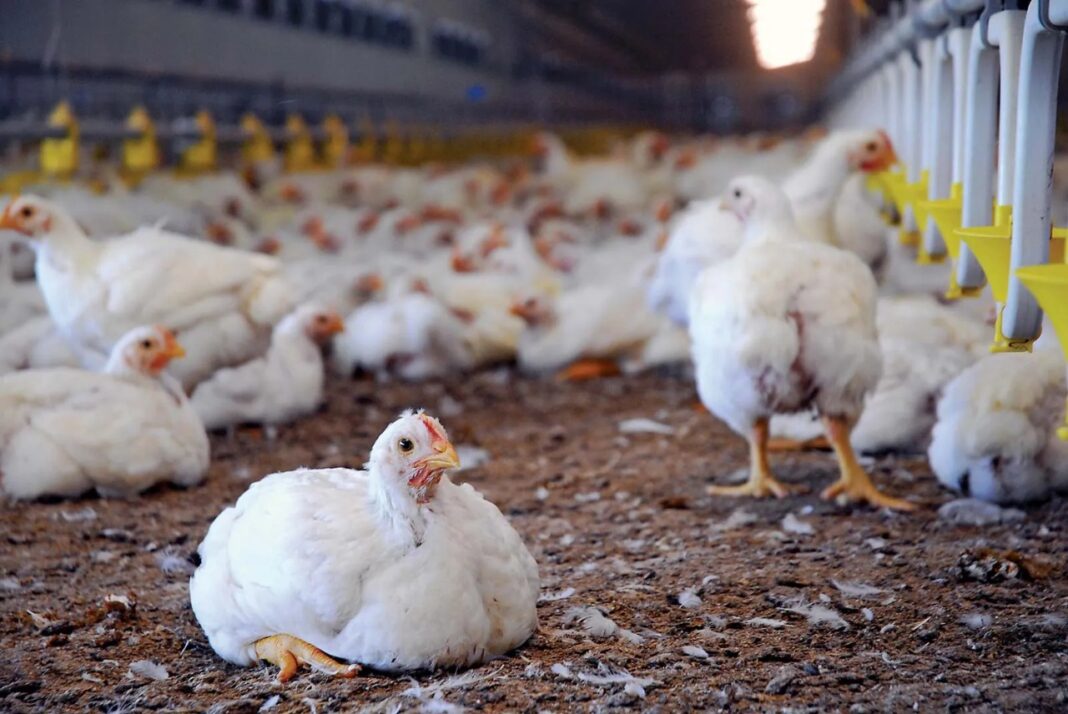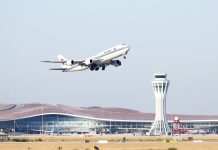ISLAMABAD: Screening and surveillance of the poultry sector is vital to prevent financial and production losses and to improve access to international markets, said Dr S Murtaza Hassan Andrabi, Principal Scientific Officer at National Agriculture Research Centre (NARC).
Considering the fact that poultry diseases are one of the major causes of economic and production losses in poultry farming, it is extremely important to be aware of the prevailing health issues of poultry in the areas of concern, he told WealthPK.
“Poultry immunity, health, and production are several factors that challenge the future growth of the industry. Due to these challenges, the poultry sector faces economic losses,” he said.
He said chicken is one of the most popular meats, and eggs are one of the best sources of protein since they contain all nine essential amino acids.
“Therefore, it is important to protect and enhance the livelihoods of diverse groups of poultry keepers as well as stakeholders in the poultry value chain as a whole,” he said.
Dr Murtaza said that in addition to promoting economic development and stakeholder livelihoods, monitoring programs also aim to protect health and improve market access for poultry products.
“Through surveillance, we gain more accurate data for risk and impact assessments, leading to better management of animal health and welfare. Farmers can earn handsomely by improving the health and welfare of their poultry,” he said.
In order to achieve these broad aims, it is important to identify diseases that are most likely to affect animals and to provide data in order to assess animal health initiatives.
“The animal husbandry commissioner is responsible for screening and oversight of poultry diseases. Following the passage of 18th constitutional amendment, provinces now have complete jurisdiction over the surveillance of poultry diseases and they have their own reporting system,” he pointed out.
Dr Murtaza said provinces submit reports to the animal husbandry commissioner upon the completion of screening and surveillance. If the animal husbandry commissioner believes there is a risk to regional and global animal health, or there is a chance of risk to humans from poultry due to an outbreak, or there may be harm to the environment, then he reports that information to the world organization for animal health.
“A surveillance system comprises complementary components that generate information to inform risk assessment, policy formulation, and decision-making for both national programs and international trade. Surveillance systems can be enhanced through participatory approaches by increasing their performance, especially sensitivity and timeliness, as well as by ensuring that marginalised groups are included,” said Dr Murtaza.
He said the outputs produced by surveillance systems may include the discovery of new disease occurrences, proof of freedom from particular diseases or infections, or analysis of the quantity and distribution of diseases infectiously present in an animal population.
“While creating surveillance systems, decisions must be made to maximise cost-effectiveness of system outputs without compromising the accuracy and promptness of decision-making or the propriety of the actions done,” he said.
The goal of surveillance is to facilitate efficient decision-making by providing information for action. Setting policies and priorities, responding to outbreaks, and approving trade movements are a few examples of such decisions.






